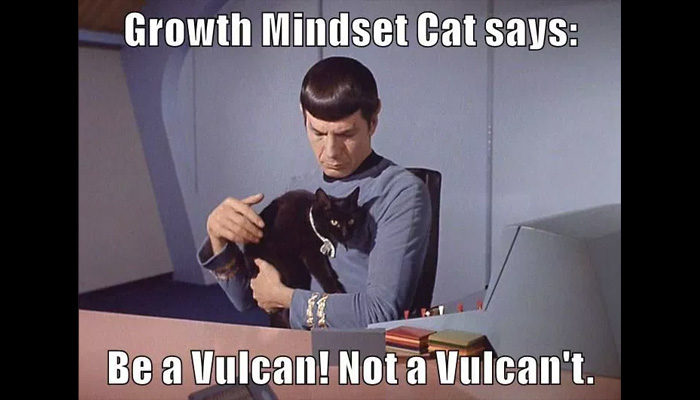I read on BoingBoing the other day about a fascinating speech by Malcolm Gladwell (author of one of my favorite business books, The Tipping Point) that is available for download as an MP3 file. Malcolm gave the talk at PopTech last month. In it, he discussed the unpredictable nature of human nature. He went into some detail about Herman Miller’s Aeron office chair — now the top selling office chair of all time — yet in its early days, no one really cared for it. So the lesson here for innovators is to be skeptical when your market tells you that your new product is ugly or they don’t like it, because they are not really sure what they want or how they feel about it.
Another interesting case study that Malcolm discussed was the unveiling of New Coke. Coca-Cola thought they had a slam dunk with New Coke because it beat Pepsi in all its sip tests. What Coke failed to understand, however, was that preferences are actually quite unstable and that people who prefer one cola when given a sip would actually prefer the other cola if offered a whole can. Tasters who take only a sip prefer Pepsi over Coke because it’s sweeter, but they don’t want something that sweet if they are going to drink a whole can of it. This was a very expensive lesson for the Coca-Cola company to learn after the fact.
Here’s another fascinating principle that Malcolm presented: asking people to think about what they want actually messes up their opinions about it. He cited a study where a group of people were asked to choose a poster that they liked the most from a group of posters; they could then take that poster home. Half of that group had to articulate the reason why they chose the poster that they did before they were allowed to take it home. The other half did not. Those told to explain their reasoning ended up choosing a cute kitten poster which did not stay on their wall at home for very long; whereas those who did not have to explain chose an impressionistic poster which did remain on their wall for months. This reminds me of Heisenberg’s Uncertainty Principle in quantum physics: the act of measuring a quantum particle’s location and velocity actually disturbs it, making precise measurement impossible. Therefore you cannot know with any certainty the position of a quantum particle at any point in time, only the probability. Sounds kind of like how human nature works too. Trying to measure someone’s tastes or preferences muddles it up. Not very good news for market researchers, is it?
I encourage you to download Malcolm’s talk from the excellent ITConversations.com website which also has many other talks from various thought leaders at various important conferences — all free for download. Stick them on your iPod and presto! — you have a mobile university.







